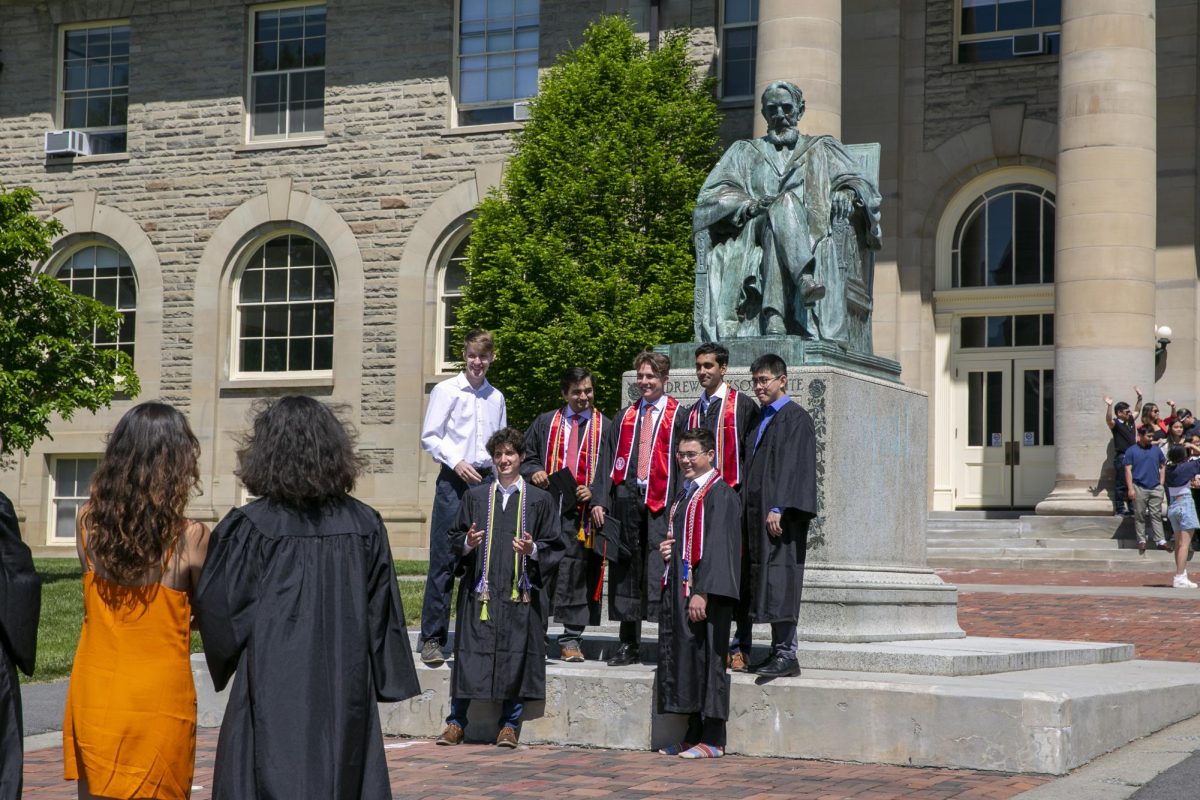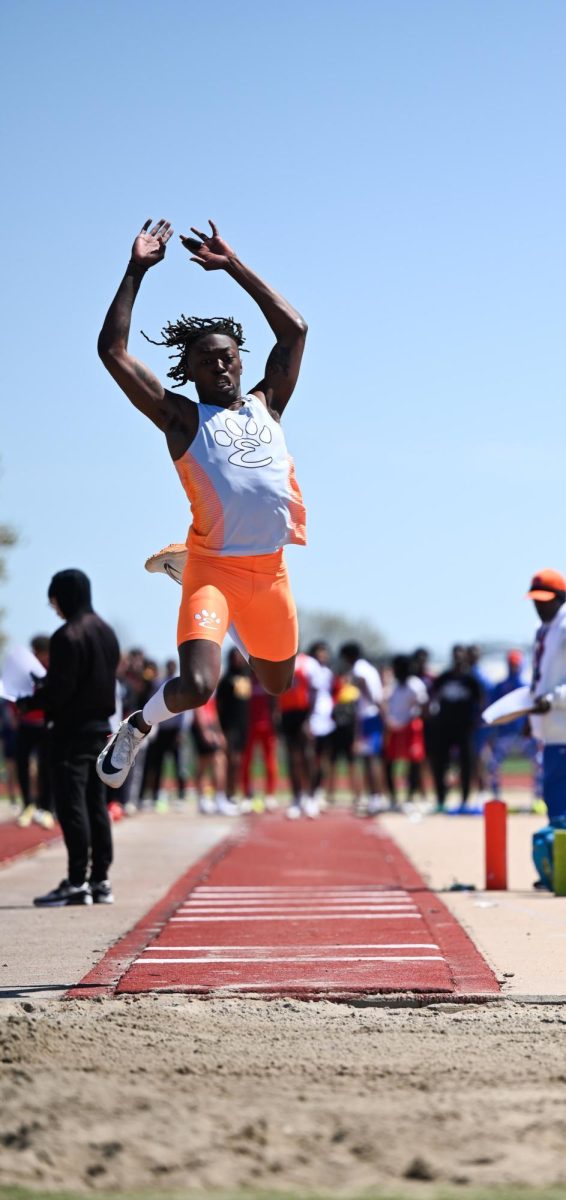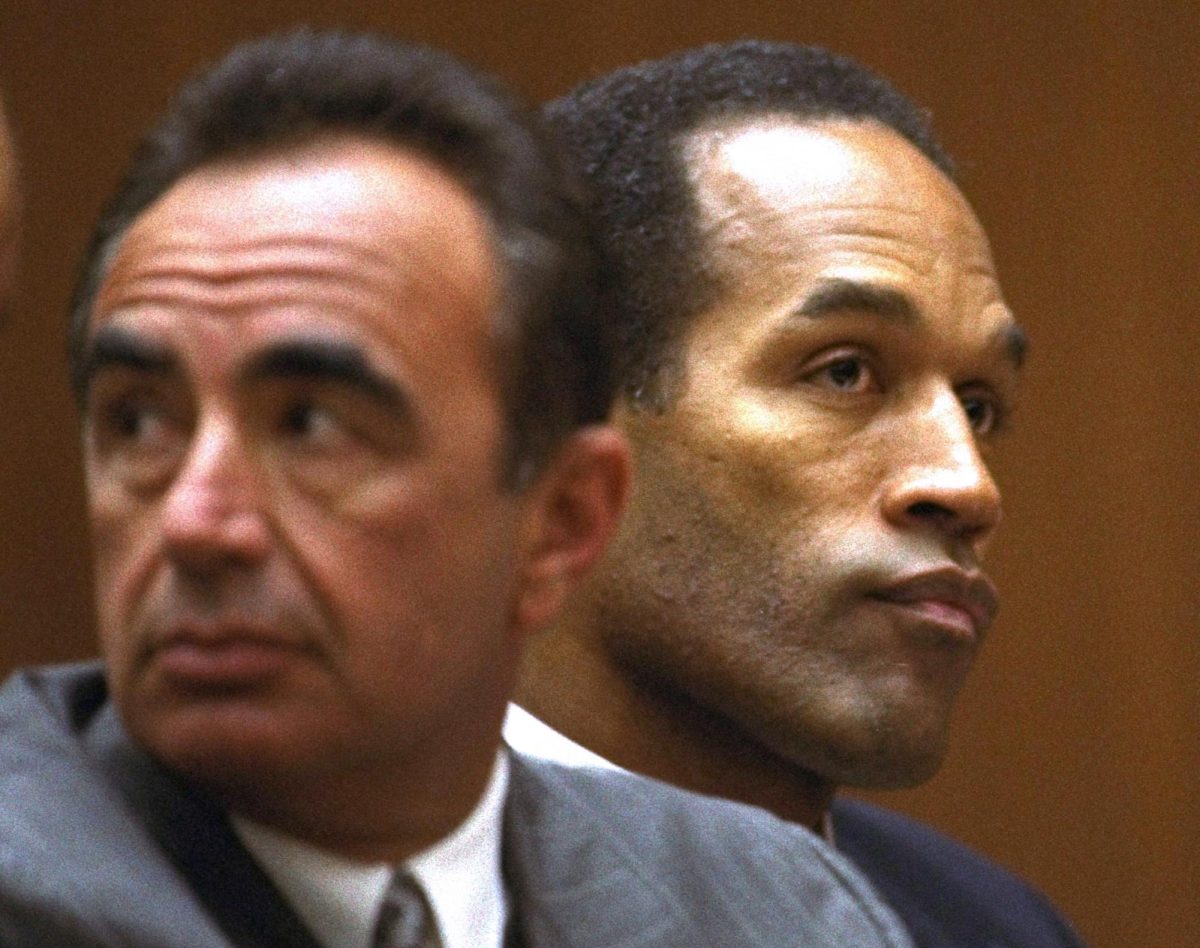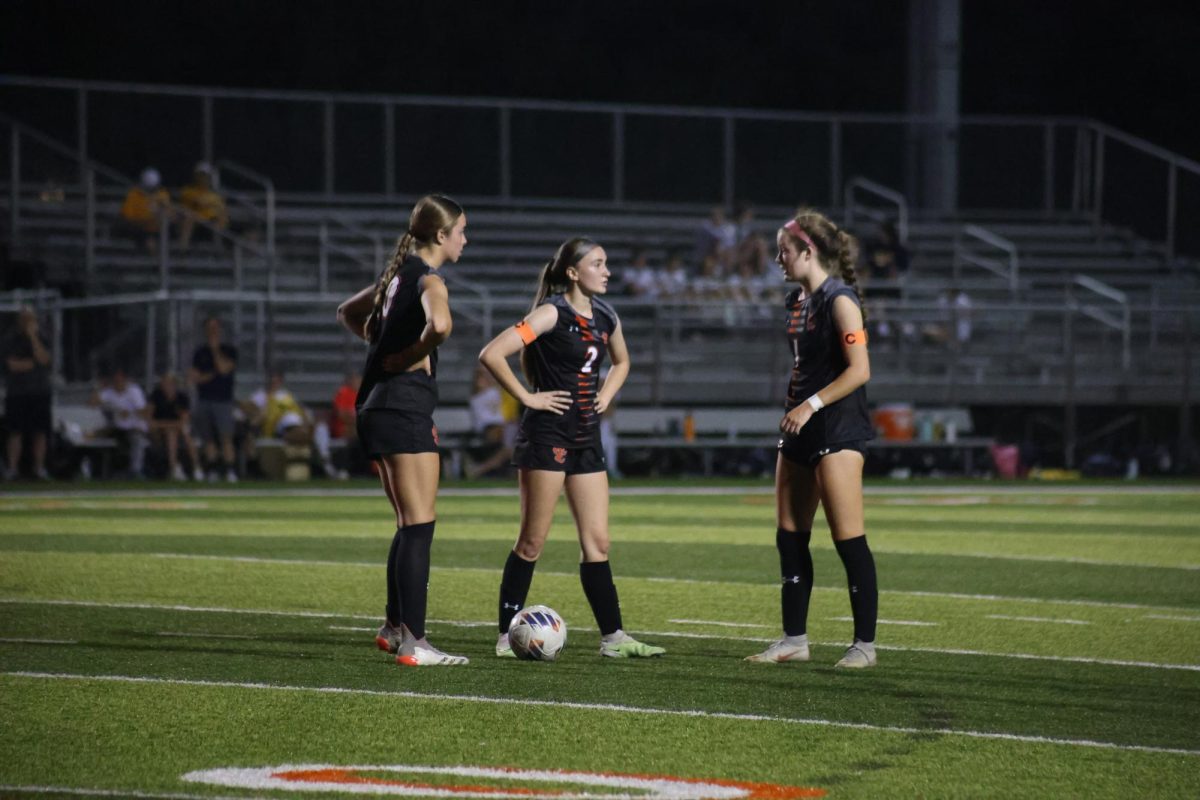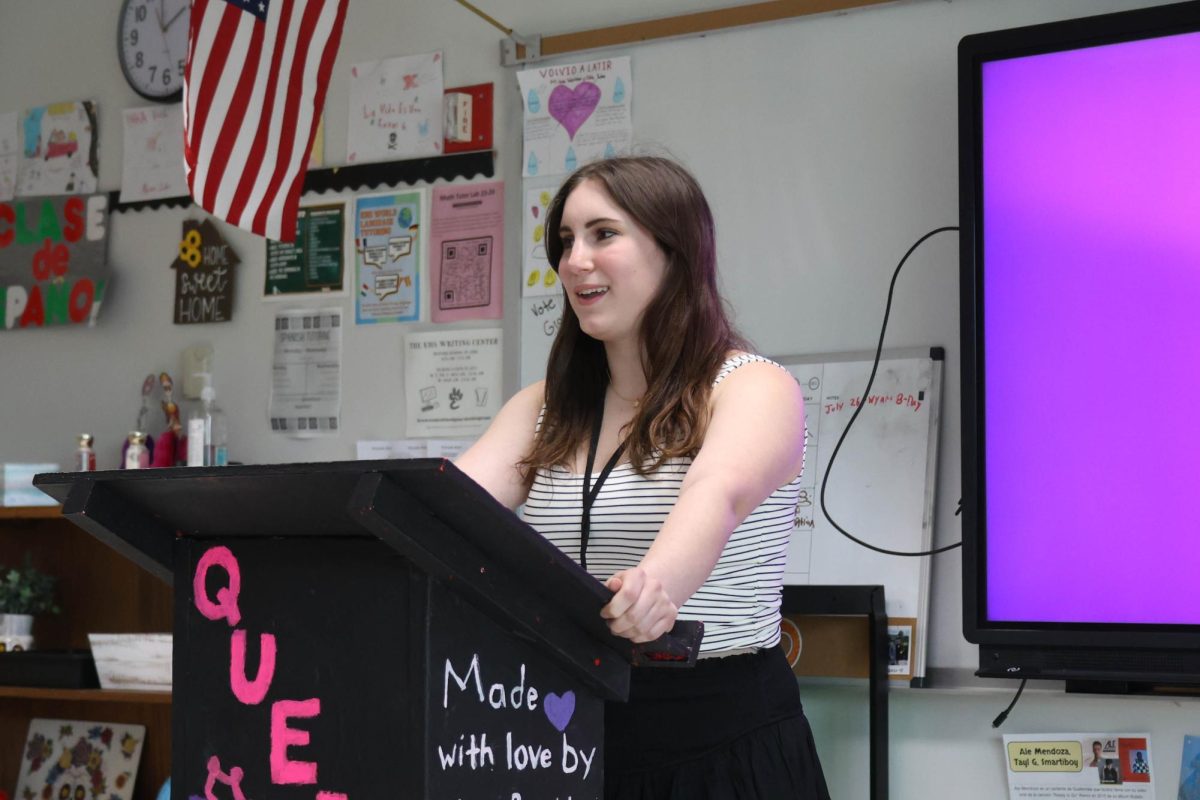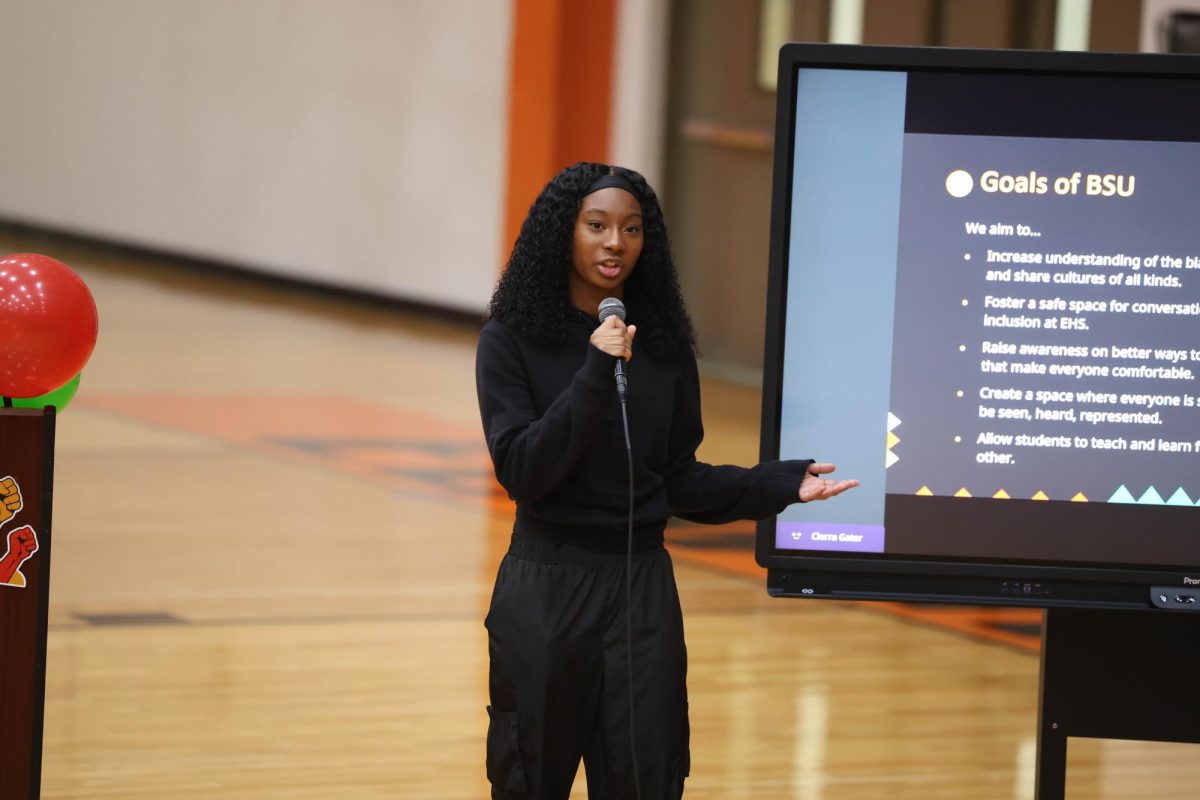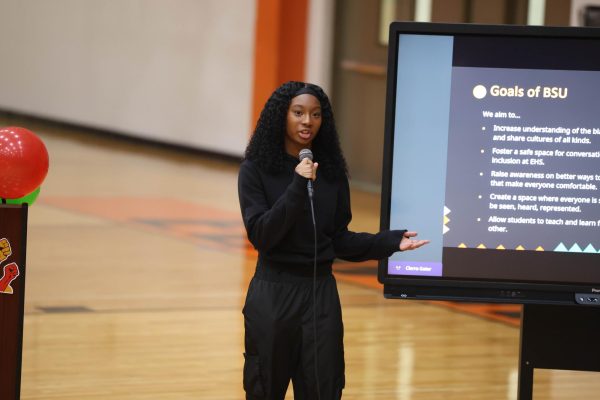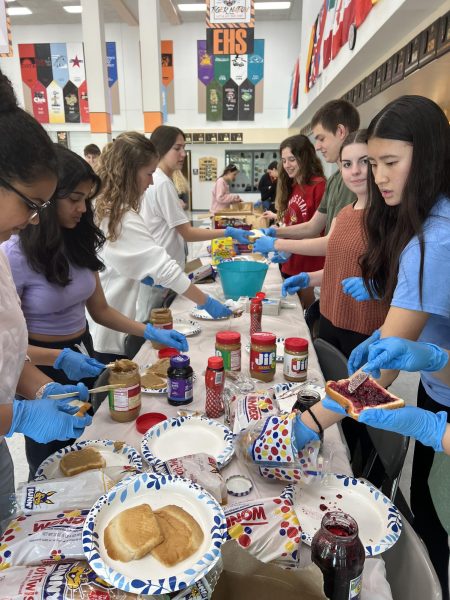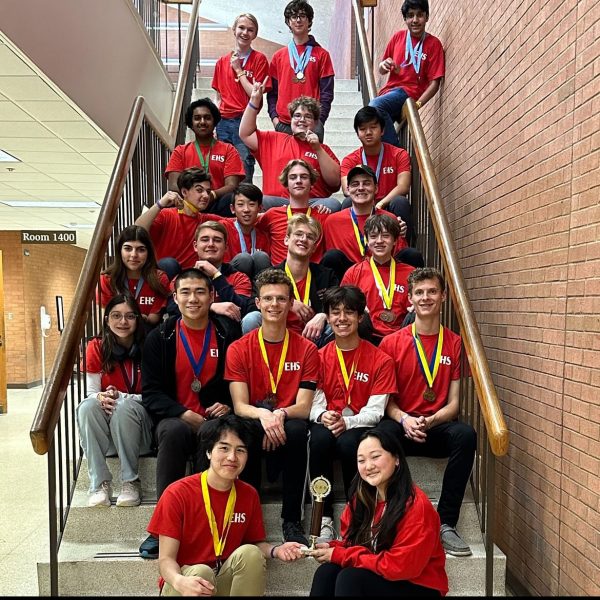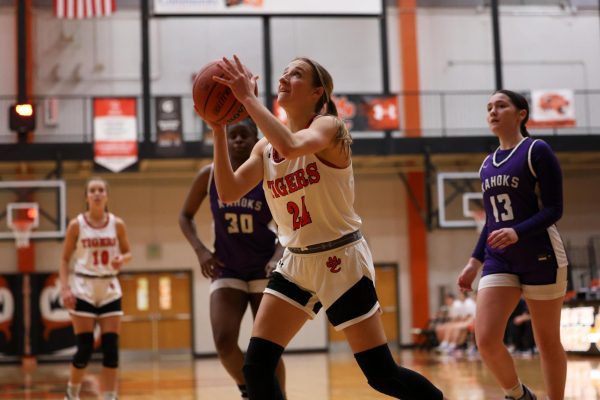Unraveling the College Interview: Do’s and Don’ts
January 5, 2018
Panic! You’ve just sat down to a college interview and have no idea what to do.
Yes, the college interview can often feel like a nightmare and move one to heart palpitations, but it really isn’t as dire as it seems.
- As Oscar Wilde said, “Be yourself; everyone else is already taken.”
Though the interview process can seem daunting, what a college is attempting to do is understand who you are and what kind of student you will be on campus. Are you bubbly and gregarious? Is your disposition dour or reserved? Will you join an a capella group or start a project to aid the homeless?
According to Jillian Bayor, a former alumnus of Harvard who conducts college interviews, one type of student is not superior to others—so don’t panic if you’re not vivacious in your interview. The interviewer wants to get a sense of your personality.
During an interview, Bayor asks what the student does with his or her free time; the question allows her to separate students into “pin-point focused” and “well-rounded,” according to Business Insider.
“One is not better than the other, these are just two different types of students…” she said.
Now, “being yourself” does not imply that you should dress poorly or be chewing gum. According to the Princeton Review, you want to be your best self. Be mature, poised and polite.
- Be professional.
Professionalism involves dressing nicely, though comfortably, speaking eloquently and being prompt.
Do not show up late to an interview. Ever. Typically, an interviewer is an alumnus who has sacrificed his or her time to speak with you, to help you. Don’t blow it by showing up late.
- Prepare.
Most likely, an interviewer is going to ask you why you wish to attend their alma mater. You need to have a solid answer prepared.
Preparation is more than knowing information about the college. As a prospective student, you should—to a degree—rehearse answers to questions you will be asked.
For example, if an interviewer asks you about your greatest weakness, you should be able to spin the shortcoming into a triumph. Yes, maybe your freshman year geometry grade was lacking, but that didn’t stop you from continuing to take honors math classes. Why? You like a challenge; you want to be challenged.
Furthermore, you should have questions prepared to ask your interviewer. Remember, college is a two-way street. Colleges want the best students just as much as you want to attend the best colleges. According to the Princeton Review, you should’ve cultivated enough of a curiosity about the school to have prepared questions.
- Don’t appear nervous.
Are you nervous? Most likely. Do you want to seem nervous? No.
Try to remain cool and collected. More likely than not, an interview will only help you. Show the interviewer your moxie, your quirks, your passions and joys. Don’t drown in your own anxiousness and forget that once upon a time, that interviewer was in your position too.
And if the worst case scenario happens, at least the interview is typically shorter than an hour.



